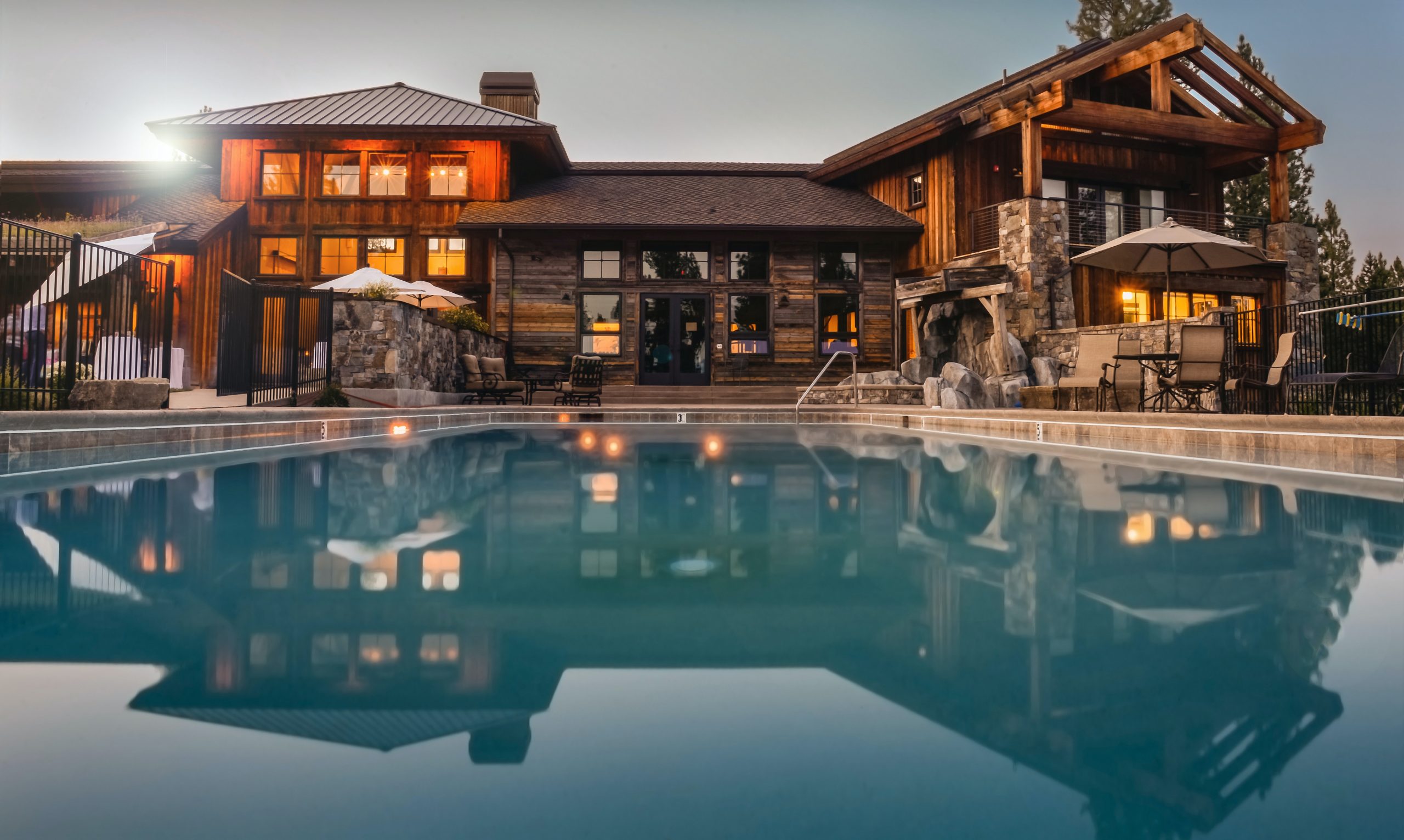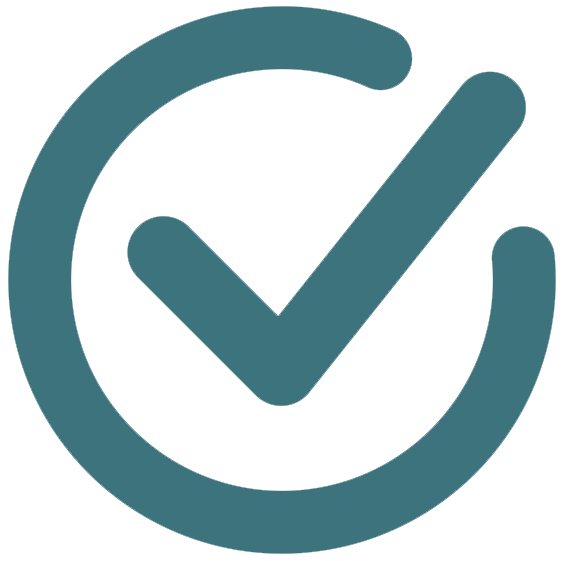
If you are thinking about buying rental property, you will need to understand what is involved. Understanding the pros and cons involved in owning rental properties is essential. You should consider who will live there, when it will be vacant and why you would like to purchase it.
Rent to own
Rent to own is a way to buy a single-family house without paying the full amount at once. You can build your credit score and save money to purchase the home. It also helps you avoid private mortgage coverage.

Hard money loans
Hard money loans to buy rental property are loans that are based on the value of an asset, such as a property, rather than the borrower's credit history. This means that lenders look at both the property's current value and the value after repairs. Hard money lenders are more likely to offer rental property loans at lower interest rates than other types of financing.
Owner-occupancy Loans
These loans can be used to buy rental properties and diversify your investment portfolio. Because of the risk of investors defaulting, these loans usually have a higher interest and require a larger downpayment. These more restrictive terms can be beneficial for real estate investors because they will be allowed to fully expense interest as a tax deduction.
1031 exchanges
Ten31 exchanges can be a fantastic way to improve your portfolio. It is important to quickly find a substitute property. This means that you must identify it within 45 days and close on it no later than 180 days after you sell the first property. A smart property-finder tool is able to simplify the process. There are many rules you must follow.
A single-family home can be purchased for rental purposes.
A single-family residence can be used for residential rental purposes. There are many advantages to this property over multi-family ones. First, single family homes offer more space both inside and outside. This makes single-family homes more appealing for tenants who have children or pets. Single-family homes often have off-street parking and fenced yards which can make them more attractive to tenants. One advantage of single family homes is that they tend to be more affordable than multi-family property.

Budgeting for the entire process
Before budgeting for purchasing rental property, it is important to know how much you can afford each month. This figure should be based on your monthly income, expenses and the costs associated with owning and maintaining a rental property. Next, calculate the amount that will go towards rent and monthly expenses. You must be careful not to overspend and learn to live within your means.
FAQ
How can I determine if my home is worth it?
If your asking price is too low, it may be because you aren't pricing your home correctly. A home that is priced well below its market value may not attract enough buyers. For more information on current market conditions, download our Home Value Report.
Is it possible fast to sell your house?
You may be able to sell your house quickly if you intend to move out of the current residence in the next few weeks. Before you sell your house, however, there are a few things that you should remember. You must first find a buyer to negotiate a contract. Second, prepare the house for sale. Third, advertise your property. Finally, you need to accept offers made to you.
Should I rent or own a condo?
If you plan to stay in your condo for only a short period of time, renting might be a good option. Renting lets you save on maintenance fees as well as other monthly fees. A condo purchase gives you full ownership of the unit. The space is yours to use as you please.
Can I get a second loan?
Yes. But it's wise to talk to a professional before making a decision about whether or not you want one. A second mortgage can be used to consolidate debts or for home improvements.
Statistics
- Some experts hypothesize that rates will hit five percent by the second half of 2018, but there has been no official confirmation one way or the other. (fortunebuilders.com)
- The FHA sets its desirable debt-to-income ratio at 43%. (fortunebuilders.com)
- This seems to be a more popular trend as the U.S. Census Bureau reports the homeownership rate was around 65% last year. (fortunebuilders.com)
- Private mortgage insurance may be required for conventional loans when the borrower puts less than 20% down.4 FHA loans are mortgage loans issued by private lenders and backed by the federal government. (investopedia.com)
- It's possible to get approved for an FHA loan with a credit score as low as 580 and a down payment of 3.5% or a credit score as low as 500 and a 10% down payment.5 Specialty mortgage loans are loans that don't fit into the conventional or FHA loan categories. (investopedia.com)
External Links
How To
How to manage a rental property
It can be a great way for you to make extra income, but there are many things to consider before you rent your house. This article will help you decide whether you want to rent your house and provide tips for managing a rental property.
If you're considering renting out your home, here's everything you need to know to start.
-
What is the first thing I should do? Consider your finances before you decide whether to rent out your house. If you have any debts such as credit card or mortgage bills, you might not be able pay for someone to live in the home while you are away. Your budget should be reviewed - you may not have enough money to cover your monthly expenses like rent, utilities, insurance, and so on. It may not be worth it.
-
How much does it cost for me to rent my house? There are many factors that go into the calculation of how much you can charge to let your home. These factors include the location, size and condition of your home, as well as season. Remember that prices can vary depending on where your live so you shouldn't expect to receive the same rate anywhere. The average market price for renting a one-bedroom flat in London is PS1,400 per month, according to Rightmove. This would translate into a total of PS2,800 per calendar year if you rented your entire home. Although this is quite a high income, you can probably make a lot more if you rent out a smaller portion of your home.
-
Is this worth it? You should always take risks when doing something new. But, if it increases your income, why not try it? You need to be clear about what you're signing before you do anything. It's not enough to be able to spend more time with your loved ones. You'll need to manage maintenance costs, repair and clean up the house. Before you sign up, make sure to thoroughly consider all of these points.
-
Are there any benefits? There are benefits to renting your home. There are plenty of reasons to rent out your home: you could use the money to pay off debt, invest in a holiday, save for a rainy day, or simply enjoy having a break from your everyday life. It is more relaxing than working every hour of the day. If you plan well, renting could become a full-time occupation.
-
How do I find tenants? Once you decide that you want to rent out your property, it is important to properly market it. Listing your property online through websites like Rightmove or Zoopla is a good place to start. Once potential tenants reach out to you, schedule an interview. This will help you assess their suitability and ensure they're financially stable enough to move into your home.
-
What are the best ways to ensure that I am protected? If you fear that your home will be left empty, you need to ensure your home is protected against theft, damage, or fire. Your landlord will require you to insure your house. You can also do this directly with an insurance company. Your landlord will often require you to add them to your policy as an additional insured. This means that they'll pay for damages to your property while you're not there. This doesn't apply to if you live abroad or if the landlord isn’t registered with UK insurances. In this case, you'll need to register with an international insurer.
-
It's easy to feel that you don't have the time or money to look for tenants. This is especially true if you work from home. But it's crucial that you put your best foot forward when advertising your property. Make sure you have a professional looking website. Also, make sure to post your ads online. Also, you will need to complete an application form and provide references. Some people prefer to do everything themselves while others hire agents who will take care of all the details. Either way, you'll need to be prepared to answer questions during interviews.
-
What happens after I find my tenant?After you've found a suitable tenant, you'll need to agree on terms. If you have a lease in place, you'll need to inform your tenant of changes, such as moving dates. Otherwise, you can negotiate the length of stay, deposit, and other details. While you might get paid when the tenancy is over, utilities are still a cost that must be paid.
-
How do you collect rent? You will need to verify that your tenant has actually paid the rent when it comes time to collect it. You will need to remind your tenant of their obligations if they don't pay. Any outstanding rents can be deducted from future rents, before you send them a final bill. You can always call the police to help you locate your tenant if you have difficulty getting in touch with them. They will not normally expel someone unless there has been a breach of contract. However, they can issue warrants if necessary.
-
What are the best ways to avoid problems? While renting out your home can be lucrative, it's important to keep yourself safe. Install smoke alarms, carbon monoxide detectors, and security cameras. Check with your neighbors to make sure that you are allowed to leave your property open at night. Also ensure that you have sufficient insurance. Finally, you should never let strangers into your house, even if they say they're moving in next door.